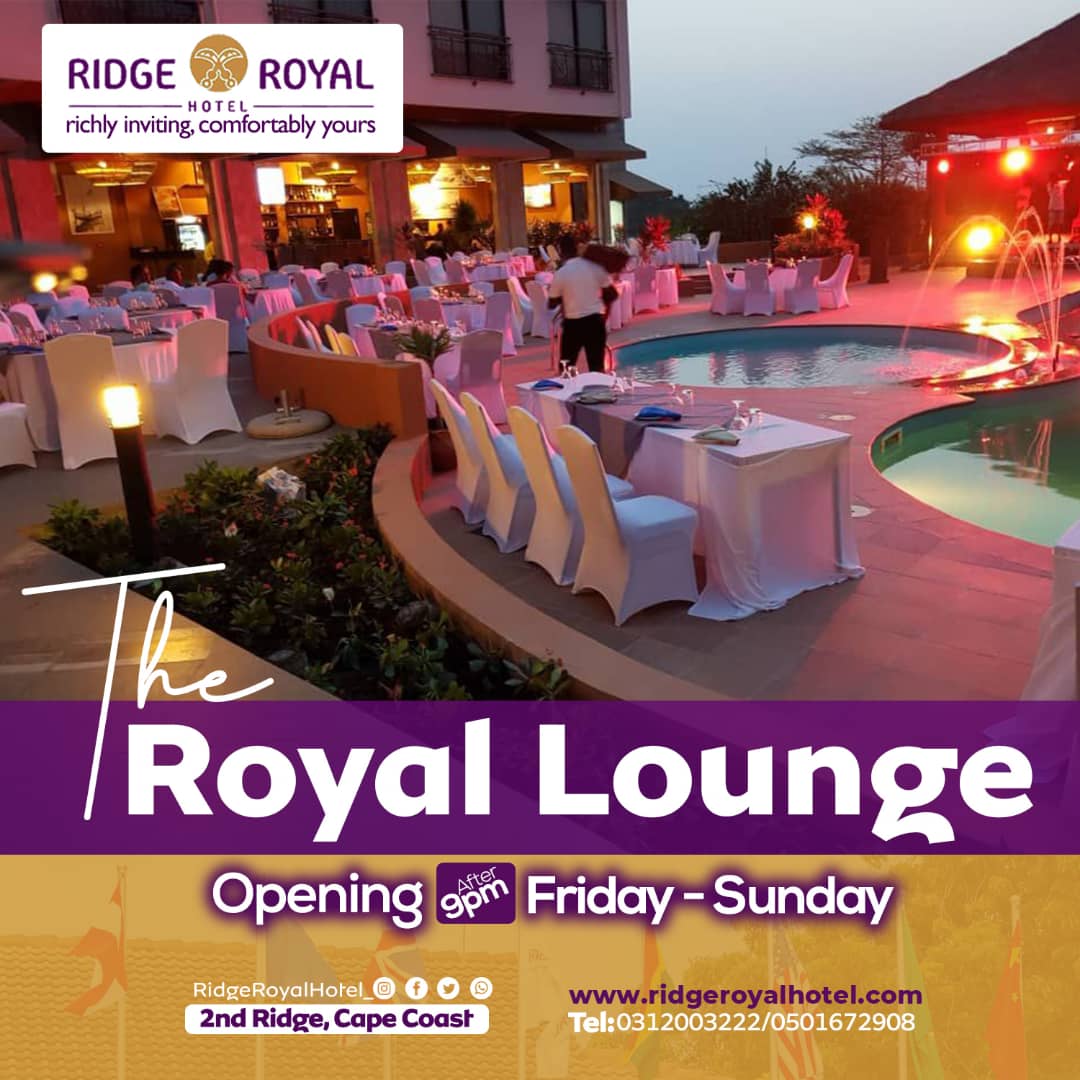|
Getting your Trinity Audio player ready...
|
The Complementary Education Agency, a division of the Ministry of Education, is set to outdoor its educational programme dubbed “Complementary Education,” Friday, March 11, 2022.
The ceremony which would be held at the GNAT Hall in Accra, according to the Agency, would be honoured by the sector Minister, Dr Yaw Adutwum.
Complementary Education is a remodel of what was formally called Non-formal Education.
The programme has been in existence since the inception of the First Republic but was officially incorporated into the Ministry’s functions in 1987 when the government at the time under the leadership of Jerry John Rawlings saw the need to reform the sector.
The programme has been providing education in various areas to people, particularly adults. This was at the time when the literacy rate among the adult demography was very low in the country.

The programme was therefore supported by the World Bank to provide education to the adult groups to raise the literacy rate of the country.
However, since the World Bank’s withdrawal of its support to the government, the programme has been dwindling until the Akufo-Addo government took the initiative to revitalise it, taking into consideration the need for all to have some form of education to improve upon the quality of their lives.
A bill, Complementary Education Bill 2019, was in effect passed by the 7th Parliament on October 16, 2020.
The bill was to establish the Complementary Education Agency to see to the provision of educational programmes outside the formal education system in the country.
Per clause 3 of the bill, the agency will formulate policies and guidelines to advance complementary education, it will monitor and evaluate the implementation of approved learning activities in the complementary education sector and develop partnerships to enhance complementary education and occupational skill development.
Speaking on the Anopa Bofoↄ show hosted by Kofi Adoma Nwanwani, the Acting Head of Public Relations of the Agency, Patrick Twumasi, said the programme to be implemented for children at the basic Junior High School levels and adults, would include skill development and professional training to complement the formal education.
According to him, though the programme is to serve as a complement for formal education and would provide the mentioned services, it is not independent of formal education. Thus, a student undertaking formal education cannot quit and join the non-formal education because he probably is not performing well.
“There will be restrictions laid on the non-formal education which will make it complementary but not independent to compete with the formal education which is structured,” he stated in Twi on the show.
 Patrick Twumasi
Patrick Twumasi
The Acting Director, Francis Asumadu, stressed that the programme is to serve as an alternative means to pursue higher learning without going through structured stages as is typical of the formal educational system.
“The formal education is so structured such that it takes few people to jump from say like six to JHS; it is difficult to make it into SHS when you haven’t been through the primary education.
“The new system comes to provide an alternative system where without a stage one can still pursue other levels of education to achieve the results he seeks” the acting Director said.

Touching on the various levels of education, he noted that for the basic education, children who may not have had formal education before would be taught in their mother tongue and their performance would determine what stage they will be placed−whether class 3 or 4−to continue their basic education.
On JHS students, he mentioned that on completion of the programme they will be awarded certificates that will help them enrol in any formal education institution to retake their final examinations to help them advance into Senior High School.
About the adults, their education would cut across sectors of the economy, thus for those into business, they may take courses that are finance-oriented to educate them on finance management among others, likewise for other sectors.
The programme according to the agency would be held in three sessions: morning, afternoon and evening. This is to ensure that no person needing their services is left behind.








